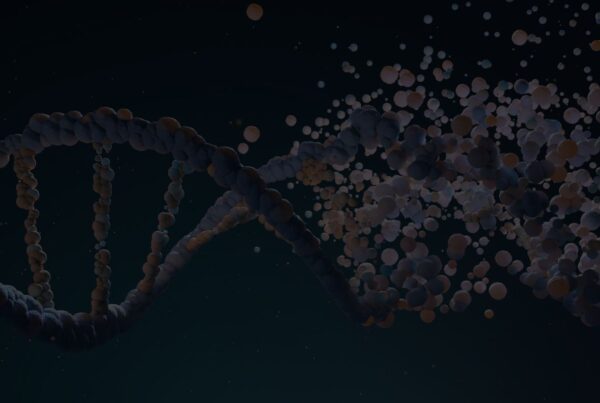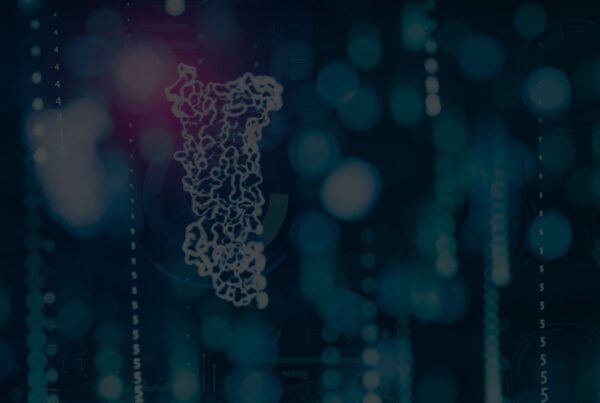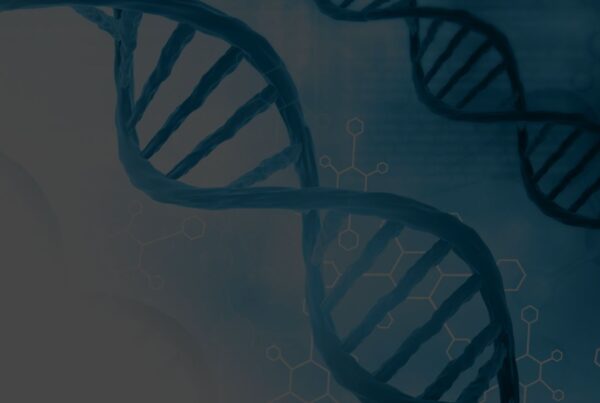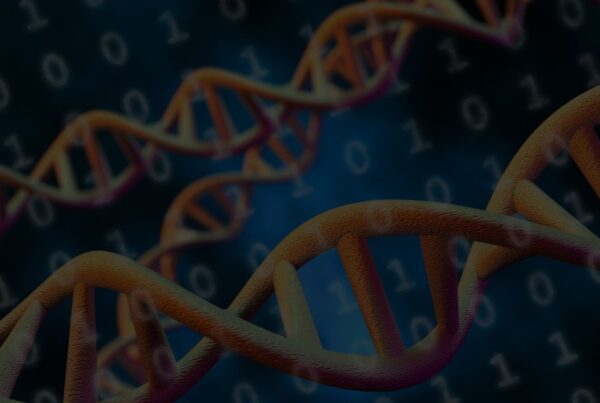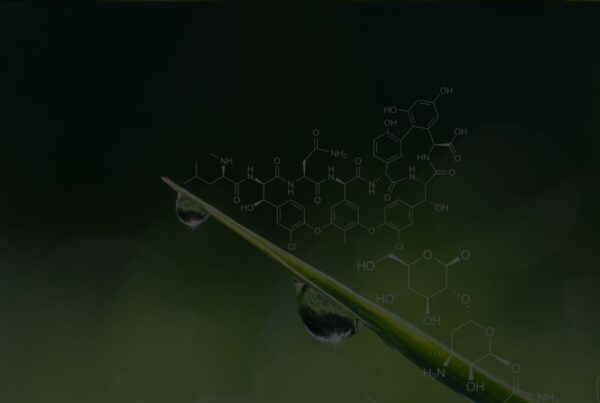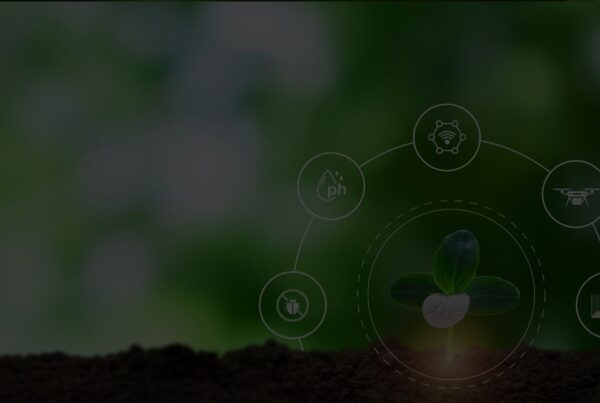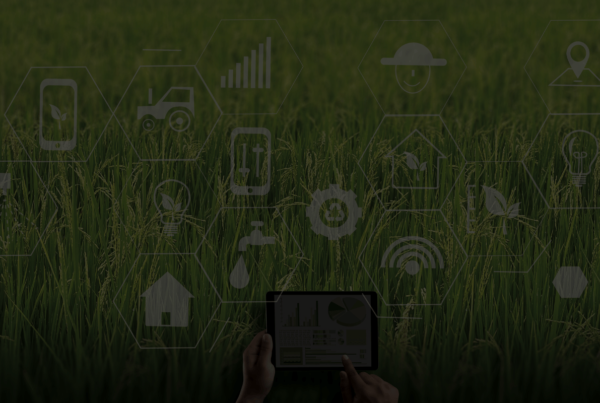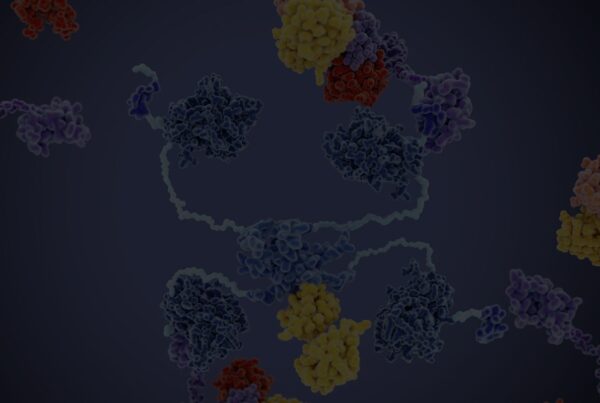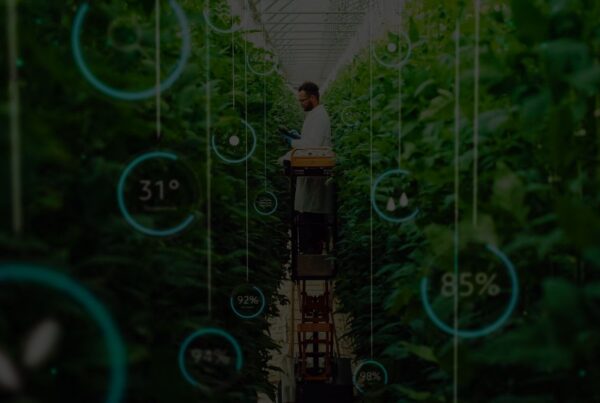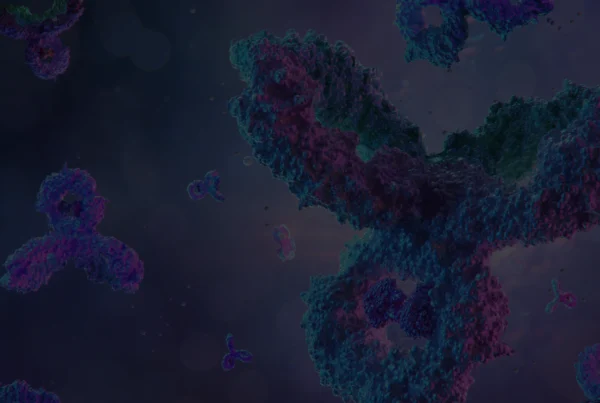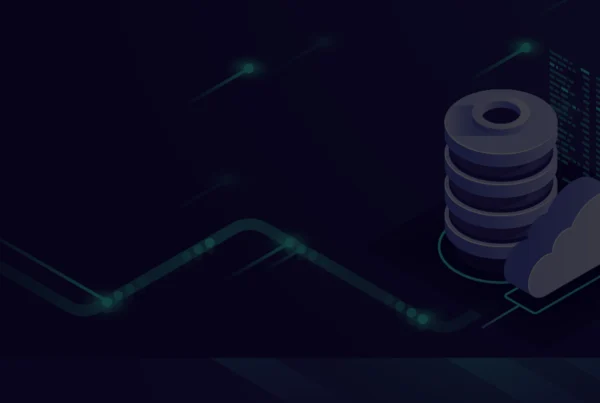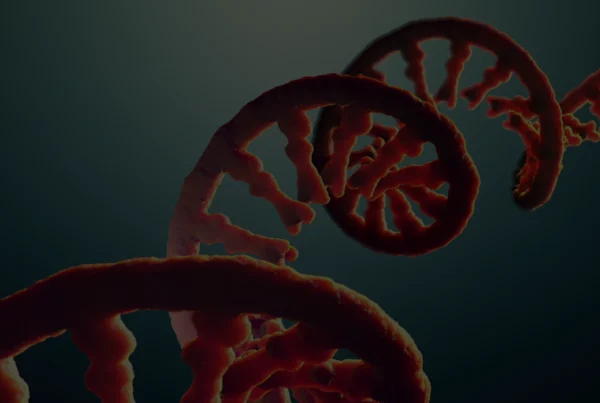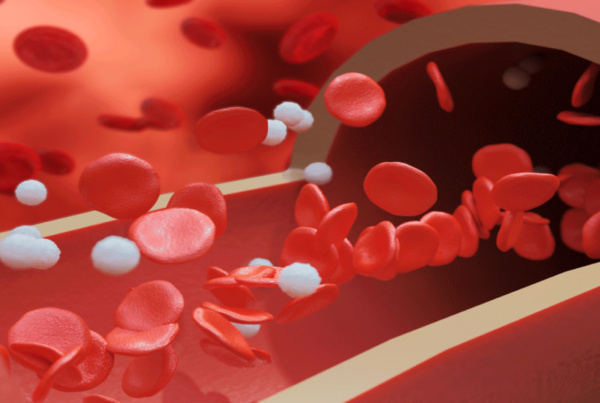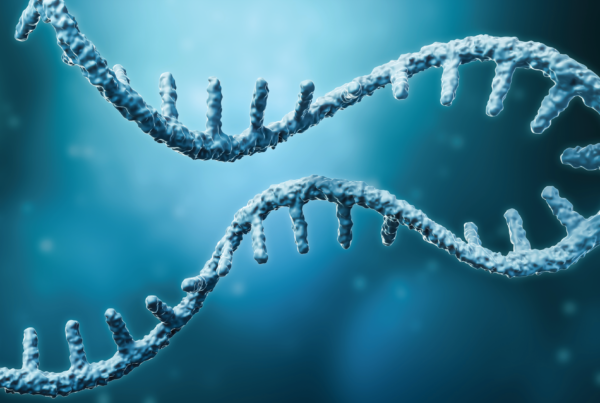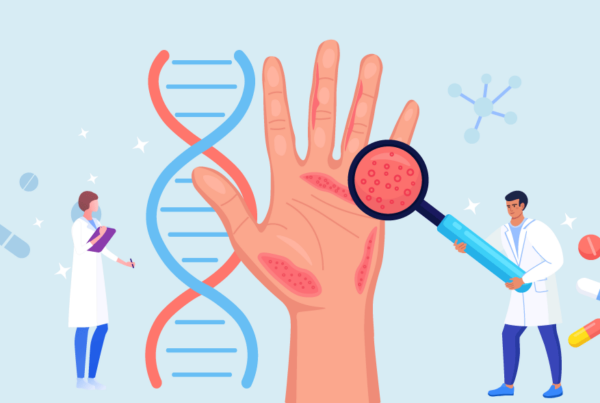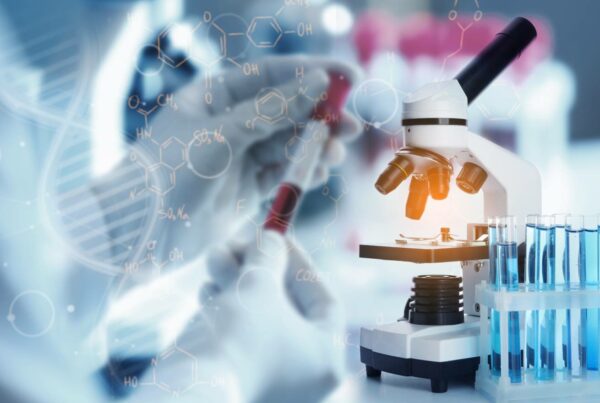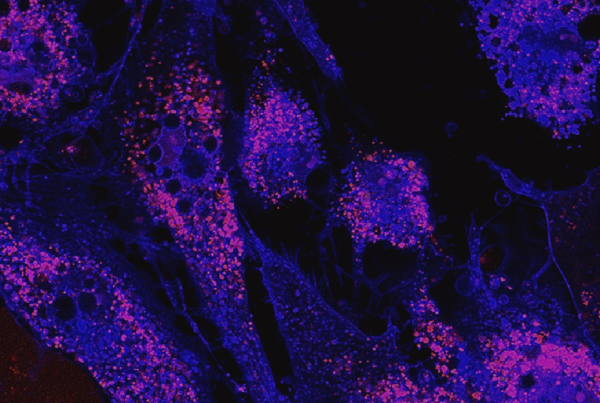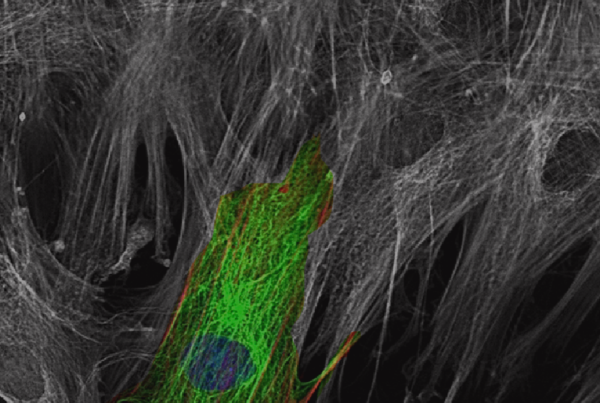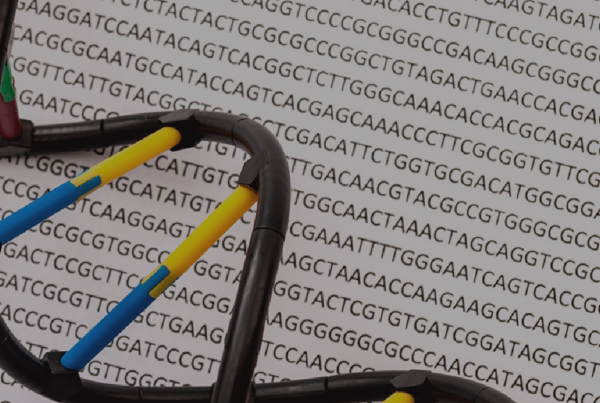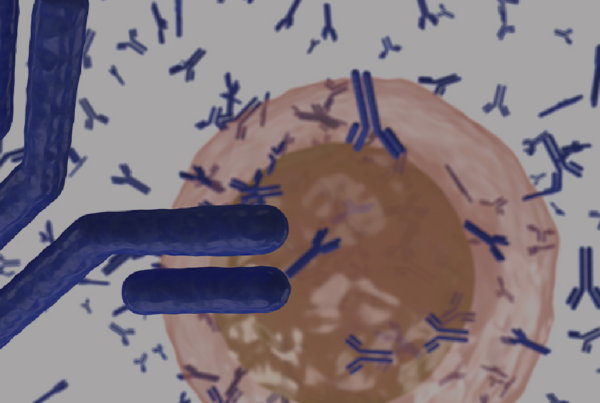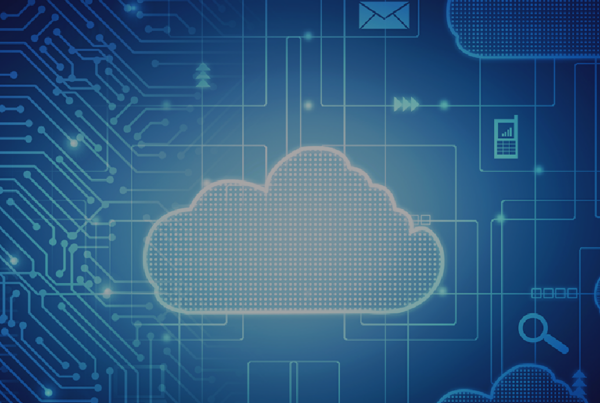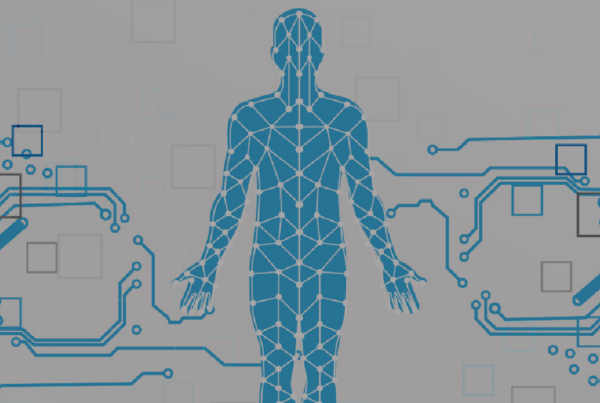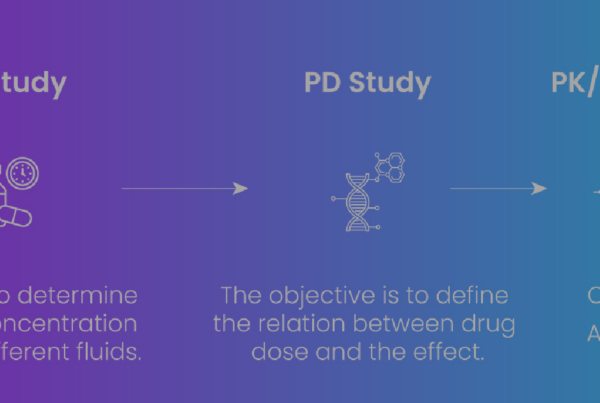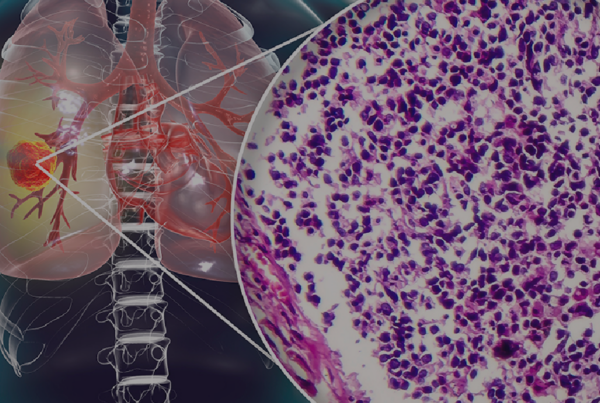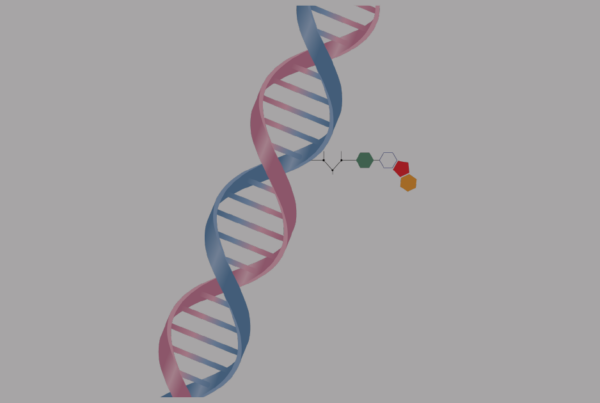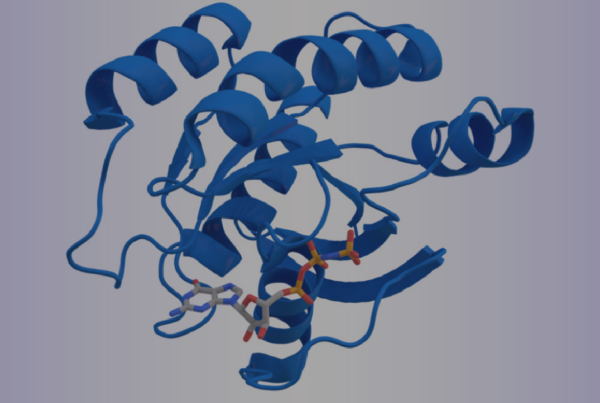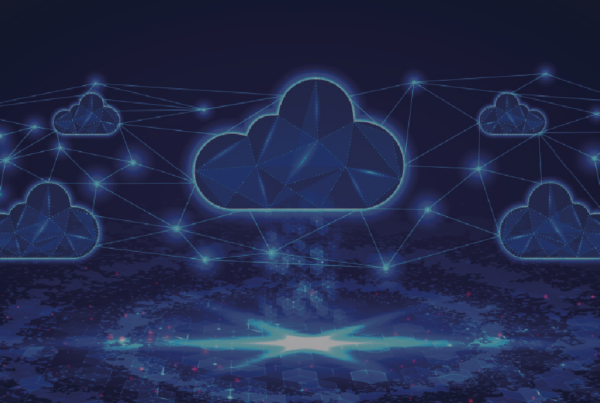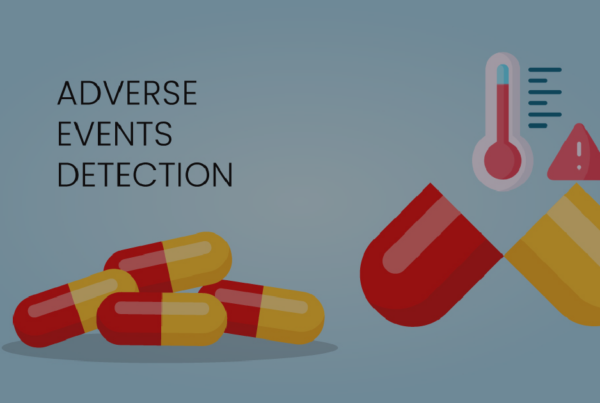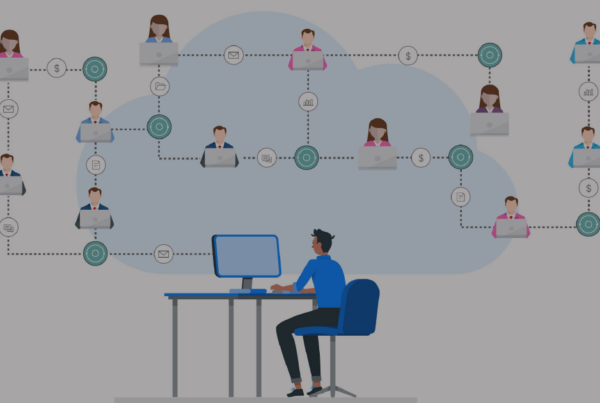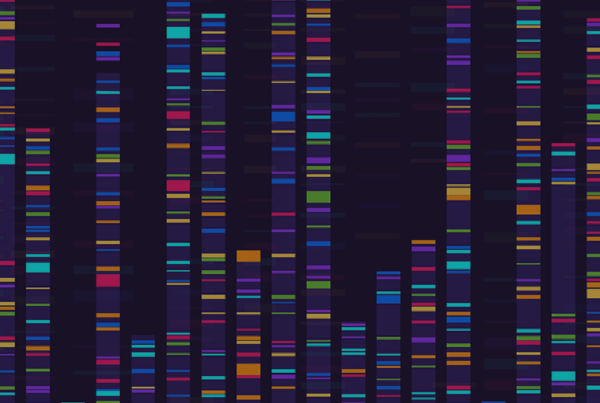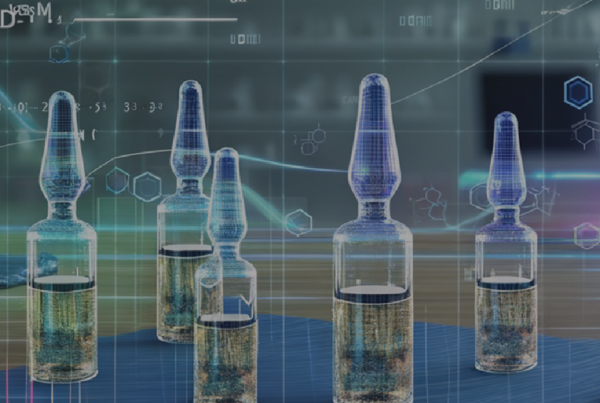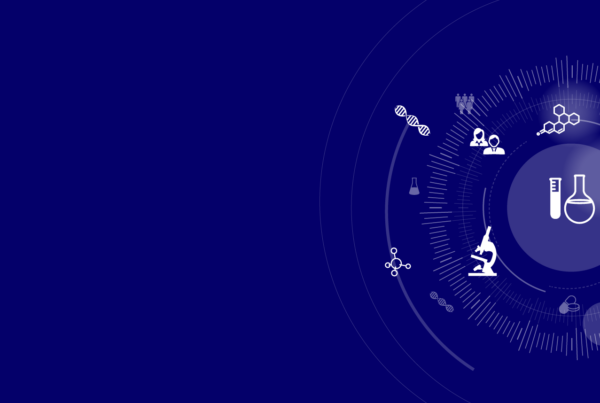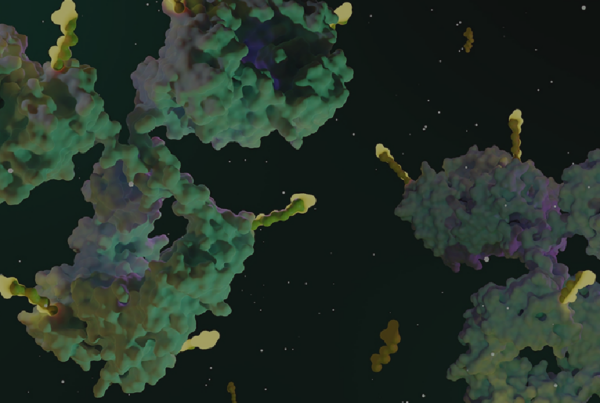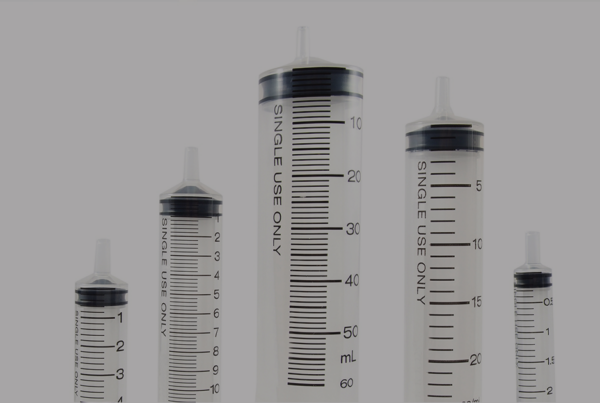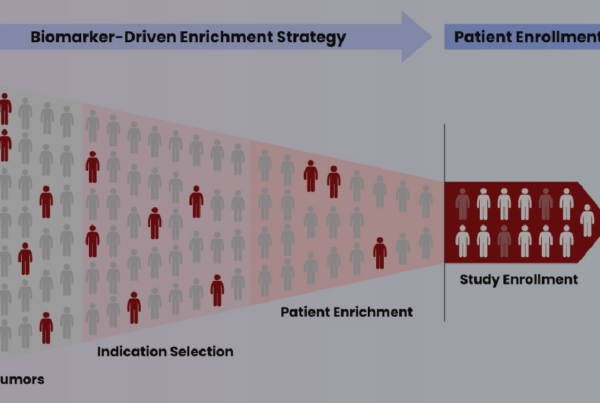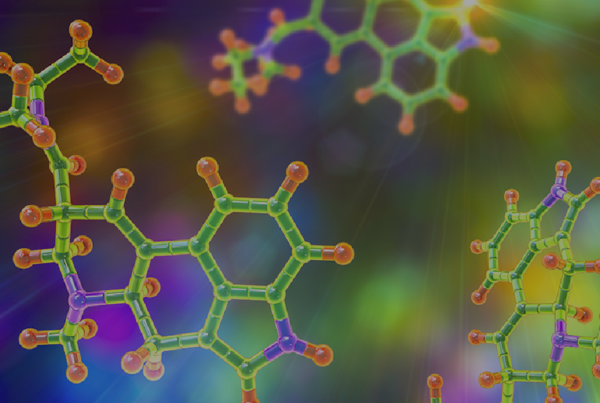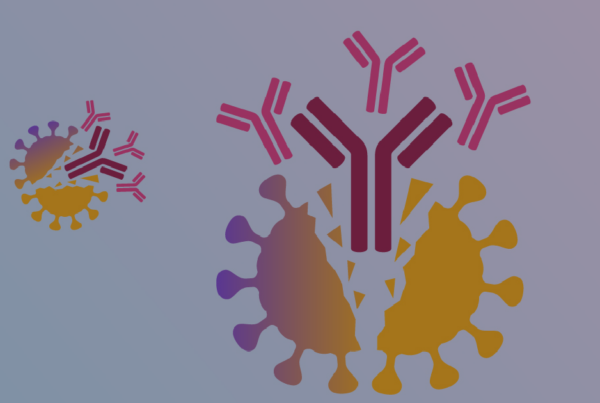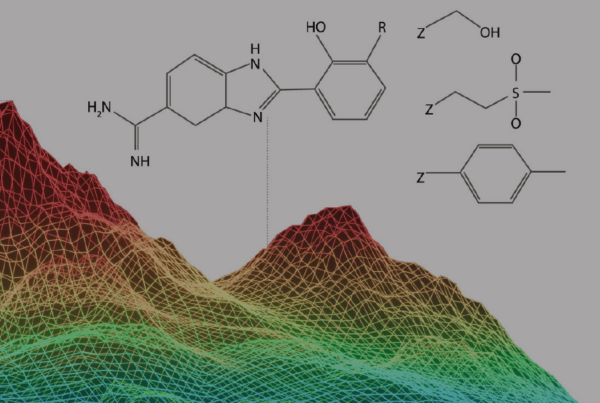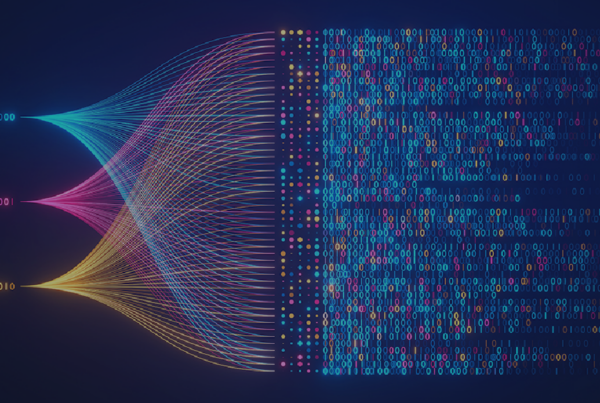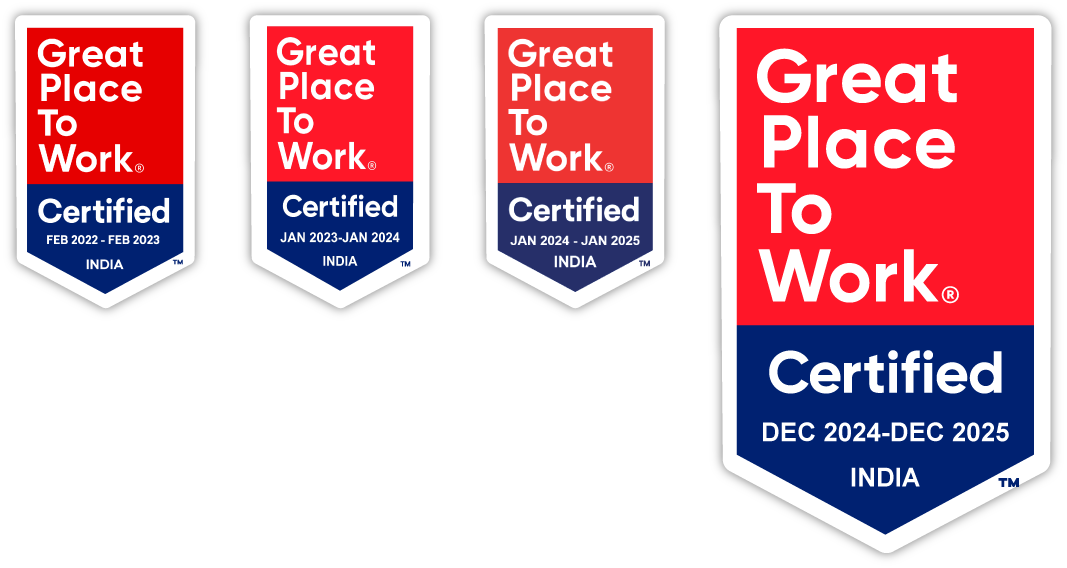Since the first genome mapping in 2003, genome sequencing has generated biological data across diverse organisms and applications, with studies forecasting a staggering 40 billion gigabytes annually by 2025. This data surge presents challenges and opportunities for consulting firms serving pharmaceutical, biotechnology, agrigenomics, and healthcare clients.
Since the first genome mapping in 2003, genome sequencing has generated biological data across diverse organisms and applications, with studies forecasting a staggering 40 billion gigabytes annually by 2025. This data surge presents challenges and opportunities for consulting firms serving pharmaceutical, biotechnology, agrigenomics, and healthcare clients.
Since the first genome mapping in 2003, genome sequencing has generated biological data across diverse organisms and applications, with studies forecasting a staggering 40 billion gigabytes annually by 2025. This data surge presents challenges and opportunities for consulting firms serving pharmaceutical, biotechnology, agrigenomics, and healthcare clients.
Since the first genome mapping in 2003, genome sequencing has generated biological data across diverse organisms and applications, with studies forecasting a staggering 40 billion gigabytes annually by 2025. This data surge presents challenges and opportunities for consulting firms serving pharmaceutical, biotechnology, agrigenomics, and healthcare clients.
The rapid pace at which biological and preclinical data is generated presents challenges in management, analysis, and visualization. BioVisualizer, a web-based application, streamlines these processes by offering an interactive platform for exploring complex datasets.
Antibodies are a relatively new treatment class that has shown great promise for the treatment of autoimmunity, cancer, and viral infections. Antibodies can be discovered either in-vivo or in-vitro.
Since the first genome mapping in 2003, genome sequencing has generated biological data across diverse organisms and applications, with studies forecasting a staggering 40 billion gigabytes annually by 2025. This data surge presents challenges and opportunities for consulting firms serving pharmaceutical, biotechnology, agrigenomics, and healthcare clients.
The need for laboratories to provide precise and faster results is growing in this research-driven environment. Labs should be capable of analysing and managing large volumes of data while complying with stringent regulations and promoting cooperation amongst diversified teams.
In the constantly expanding scene of laboratory operations, well-organized data management is decisive for maintaining accuracy, compliance, and productivity. Laboratories across various industries, including life sciences, Food Manufacturing and Consumer Goods (FMCG), and Oil & Gas, rely heavily on modern data management systems to meet their specific needs.
At a rate never seen before, machine learning (ML) and artificial intelligence (AI) are revolutionizing scientific research and innovation. From drug development to material science, these AI, machine learning, and data science applications optimize a number of tasks by identifying patterns in large data sets and providing predicted insights that would be hard or impossible for humans to find.

